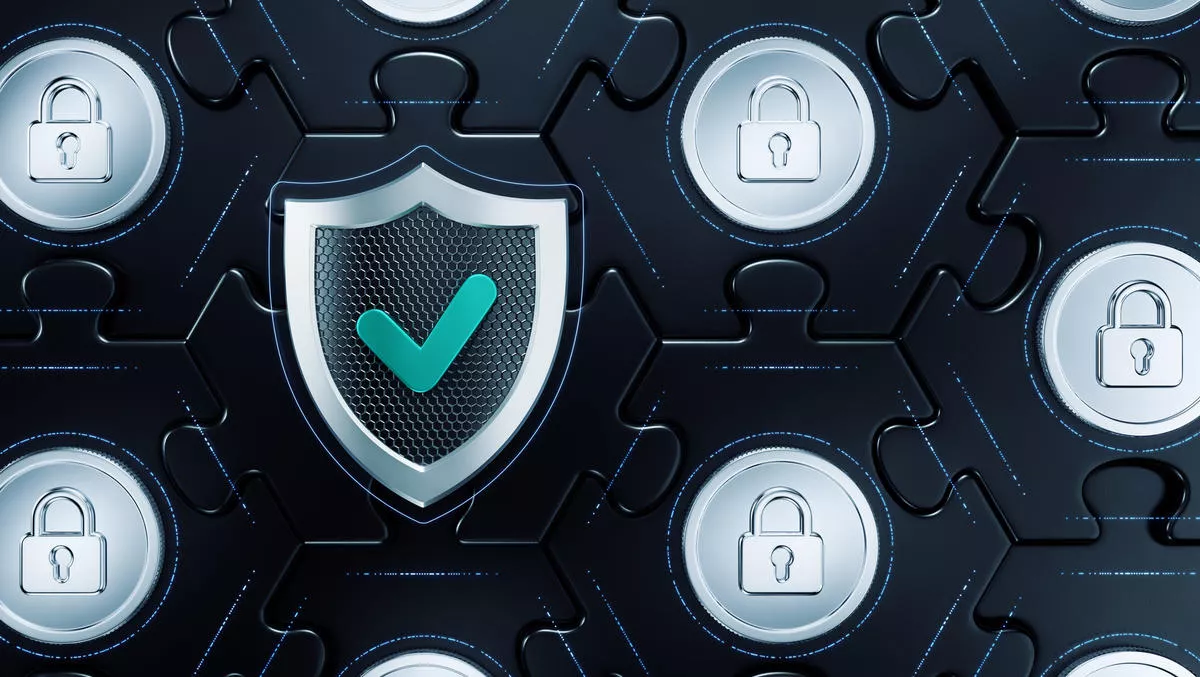
Is cyber deception the latest SOC 'game changer'?
Cyber deception reduces data breach costs by more than 51% and Security Operations Centre (SOC) inefficiencies by 32%, according to a new research report by Attivo Networks and Kevin Fiscus of Deceptive Defense.
The paper identifies the direct and measurable financial and productivity benefits of deception technology for organisations of all types and sizes.
According to the report, companies utilising cyber detection reduce data breach-related costs by more than 51% as compared to organisations that do not deploy deception technology.
The research also indicates that the average reduction in data breach costs is US$1.98 million per incident or US$75.12 per compromised record.
The cost reductions are based on factors of faster detection and response, effective incident response and reduced incident handling complexity.
In addition, it reports that deception technology can significantly reduce time wasted on false positive alerts and increase efficiencies for the typical SOC.
A recent Ponemon Exabeam SIEM Productivity Study found that the average amount of time spent per SOC analyst per incident was around 10 minutes and SOC analysts waste approximately 26% of their day dealing with false alarms, representing a loss of over US$18,000 in productivity per analyst per year.
Users of deception technology have cited a 12X time savings when addressing a deception-based alert as opposed to other alerts, which ultimately can save organisations as much as 32% or US$22,746 per SOC analyst per year.
In addition to the financial and productivity benefits provided by deception technology, the report also cites that properly deployed deception technology can reduce a company's average dwell time between 90% and 97% down to as little as 5.5 days.
This is significant as recent reports show that the current median dwell time is 56 days and the mean time to identify a breach is 207 days, researchers state.
Deceptive Defense founder and SANS Institute principal instructor Kevin Fiscus says, "The term 'game changing' is used far too often.
"Almost as often as so many grand claims are made, they are found to be over-hyped, at best, and for that reason, they are rightly met with suspicion.
"Cyber deception is different and it's not just a new iteration of a legacy technology. It literally changes the game of computer security. It changes the rules.
"It changes the fundamental assumptions that attackers and defenders have relied upon for decades. The true magic of cyber deception is that it causes attackers to question everything they believe they know, often stopping an attack before it's even really started. That is truly game changing."
Attivo Networks chief deception officer and CMO Carolyn Crandall says, "Industry research continues to validate why cyber deception is not only a vital control for detection but also one that will yield significant cost savings.
"Organisations both large and small are increasingly leveraging deception to create a proactive defense and are adding detection and prevention depth to their security posture.
"Executives are prioritising security investments that help them fight disruption of service, prevent ransomware extortion, and ensure the security of their data.
"The ability to detect attacks early, reduce data breach costs, and improve SOC efficiencies makes cyber deception a critical security control for the enterprise.


